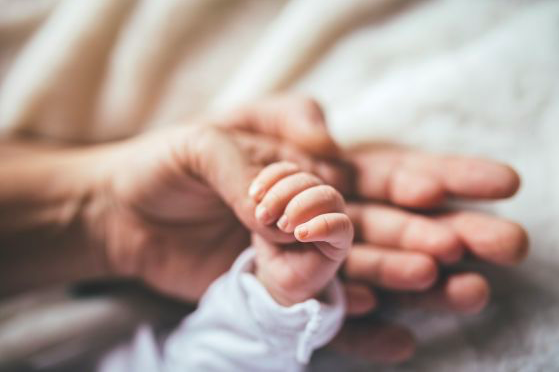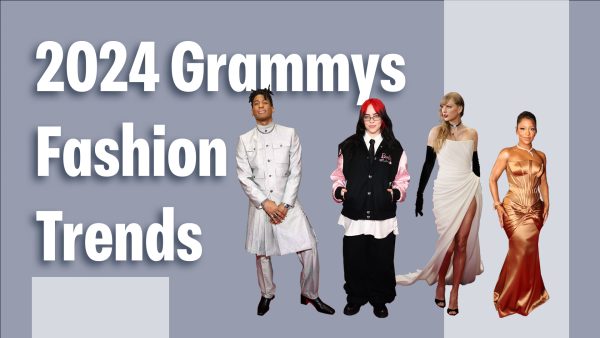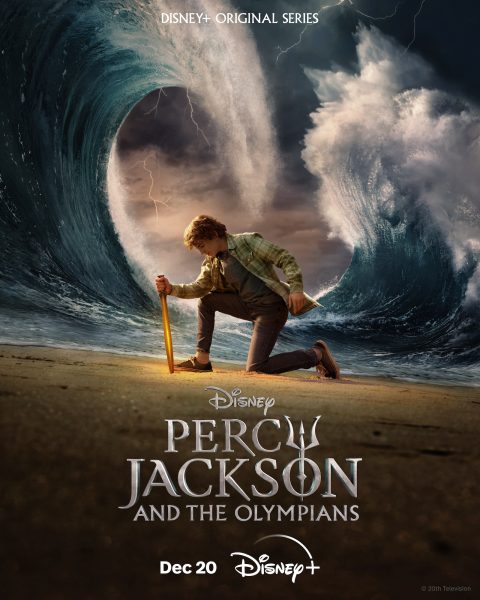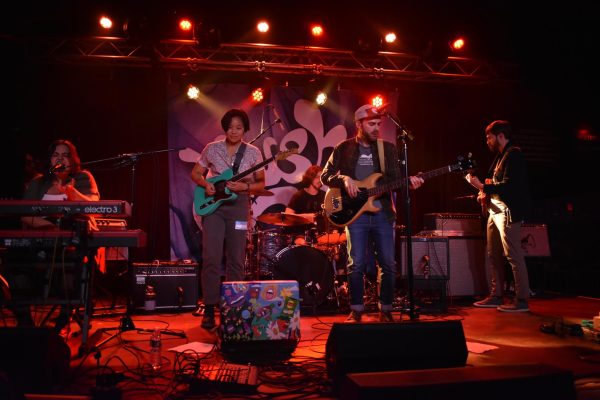If Adoption Was the First Choice

Source: American Adoptions
April 10, 2019
Where are you from? For some this may be a complicated question that requires a five-minute long explanation and for others you’ve lived in the same house your whole life and the answer is easy.
Do you want children? This can be a complex question and one that is filled with emotional hardship for some and brings joyful tears to the eyes of others.
No matter what your position on the two questions I have posed here are, I want to share my story of adoption and challenge you to open your mind to the possibility of adoption as an alternative to conceiving naturally.
My story starts in a small town in China on March 10th. At ten days old I was found bundled at the gates of an iron works factory. The police found me, and I was brought to an orphanage and placed with my crib-mate until I was adopted when I was ten months old. I say ten is my lucky number. I am lucky that I did not spend time in foster care or in an orphanage for an extended period of time. I am lucky that I did not age out of the system or have abusive foster parents.
But that did not shield me from the negative judgments I have gotten throughout my life.
I remember one day in eighth grade I gathered my supplies, opened my watercolors, and began to drag the brush across the paper pushing down to make the streak darker and lift it up to create space for movement. The conversation amongst my classmates wandered to parents and a boy eyed me through his hair and said “oh, Emma aren’t you adopted?”
I murmured “yeah…” with the all too familiar sinking feeling.
“So obviously that means that your real parents didn’t love you,” he replied with a tone that pierced me. I could feel everyone’s eyes turning slowly towards me. I raised my head gradually, trying to give off the impression that I was unfazed.
“My adoptive mother is my real mom. And my birthparents do love me.”
Then came the usual follow-up comments: “Oh so you’re like a shelter dog that had to wait to get adopted.” “Do you want to meet your real parents?” “You should be grateful you are even here and not poor in China.” Each time it hurt just as much as the last.
Despite this, I am forever grateful that I have the opportunity to live the life that I do now. The comments hurt, but the fact that I can live the life I do today is worth every mean comment.
I believe that adoption is an uplifting tool to give access to children that have endless potential. Seventy-percent of children in the foster care system have a yearning to attend college but 75% of children age out (are released at the age of 18 with little to no financial support), without a high school diploma or a GED. These facts are not just numbers. They represent the potential this country has. If all 70% of those children were allowed to fulfill those dreams and attend college, the country would be looking at a vast range of empowered youths that are productive members of society. Adoptive families can often provide the structural and financial support for a child to go to high school and potentially even college.
The value of a family does not depend on the blood-relation of the members but rather the love and support that is nurtured within. Growing up in an unconventional family, with a single mother and a sister who was also adopted, our structure was not detrimental.
Many people have the experience of wanting a biological child, so when they cannot conceive naturally, they turn to other methods such as invitro fertilization. Invitro fertilization is not cheap (about $20,000 per cycle), which brings up questions of privilege and who can and cannot have access to biological children. Many insurance companies also do not cover invitro fertilization. In an article for the Washington Post, Colby Itkowitz states that “only infertile couples with that kind of disposable income have full options when it comes to getting pregnant. It’s perhaps the starkest example of health access disparities.” This points to the idea that the use of invitro fertilization is elitist and those attempting to pursue invitro fertilization should also think about societal consequences. It is not necessary to pass on your own genes. Having children that resemble you will not make your bond stronger and is a social construct that our society should move away from.
That is not to say that adoption is cheap either. Adoption can range widely in cost depending on how the adoption is gone about. For a private adoption without the use of an agency it can be a few thousand dollars, but the price can start to rack up when an agency is included and if that adoption is international or far from where the adopter lives. Adopting a child from the foster care system is generally free or low in cost and is a good alternative for people who cannot afford thousands of dollars in fees. One could argue that both are elitist, but if choosing between the two, I urge you to choose adoption which has a similar, if not cheaper, cost than invitro fertilization.
A perspective that many may not consider is the impact that a new life has on the planet. An article published in the Washington Post by Dina McQueen addresses overpopulation as an issue that can, in part, be solved by adoption and argues that it is the civic duty of those who can afford birth control to use it accordingly and not bring offspring into the world. McQueen offers up the idea that adoption is not just about the classic “starving children,” persuasion that is often thrown around. Rather it is a global problem of overpopulation on a planet that has limited and shrinking resources. McQueen elegantly states that, “it is my greatest hope that presenting the idea of choosing adoption as a first choice rather than a last option will plant knowing seeds in fertile minds and encourage people who inhabit this planet to make choices that perhaps they might not have made.”
The social constructs that we have created in our society around finding the perfect partner and having children are harmful and it prevents us from opening our minds and exploring other options of creating a family. Despite what the movies, our families, friends, and society may tell us, it is not imperative to conceive our own children to have a successful and fulfilling life. I want to urge everyone who wants to start a family or who is looking to add to a family, to consider adoption if they possess the means to do so.
















